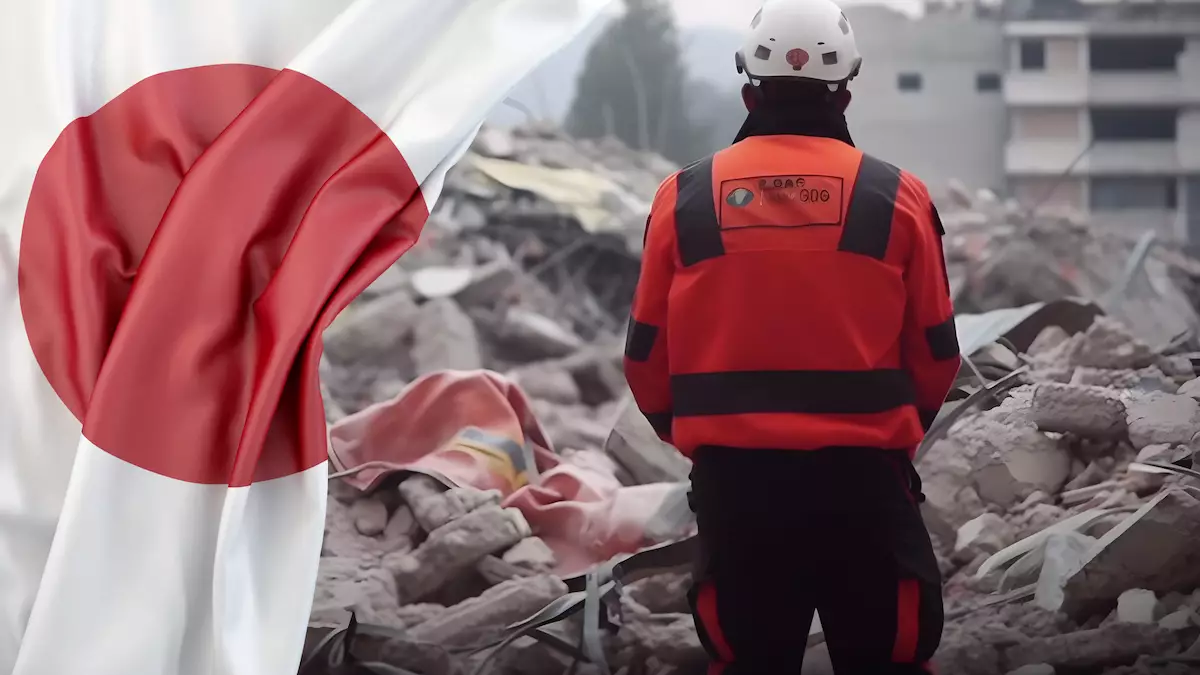Japan recently experienced a devastating earthquake that has greatly impacted the country’s West Coast. The destruction caused by the earthquake has led to numerous casualties and significant damage to infrastructure. In response to this crisis, various Web3 companies in Japan, such as Astar Network, Oasys, and Fracton Ventures, have initiated relief efforts and raised over $100,000 to support affected communities.
Astar Network’s Fundraising Initiative
Astar Network, a prominent blockchain platform, has launched a fundraising initiative to aid those affected by the earthquake. The company is accepting donations in ASTR tokens and ensures that all contributions will be directed towards emergency assistance and recovery efforts in the disaster-stricken areas. Transparency is a key aspect of Astar Network’s approach, as they promise to share detailed reports on how the funds and donations are being utilized.
Oasys’ Contribution to the Relief Efforts
Oasys, a gaming-focused blockchain, has also stepped up with a charitable donation drive in response to the earthquake. Recognizing the potential of the gaming community in supporting humanitarian causes, Oasys is accepting donations in different cryptocurrencies such as $OAS, $ETH, and $BTC. Regardless of the size of the donation, Oasys emphasizes that every contribution will contribute to the ongoing rebuilding efforts and aid those in need. The company has committed to using all donations exclusively for disaster relief activities and the reconstruction of affected areas.
The initiatives undertaken by Astar Network and Oasys highlight the growing significance of blockchain technology and its communities in responding to global emergencies. Blockchain platforms provide a transparent and efficient way to raise funds for relief efforts, ensuring that every donation is accounted for and used towards the intended purpose.
Transparency and Accountability
One of the key advantages of utilizing blockchain technology in relief efforts is the inherent transparency and accountability it offers. By leveraging blockchain platforms, companies like Astar Network and Oasys can provide detailed reports on the utilization of funds, assuring donors that their contributions are being used effectively. This transparency builds trust and encourages more individuals and companies to contribute to the cause.
Blockchain technology also empowers communities and individuals to make a positive impact during times of crisis. Through the use of decentralized platforms, anyone can participate in relief efforts by making donations or contributing their skills and resources. This democratization of aid ensures that no contribution is too small and that everyone has a role to play in helping affected communities recover and rebuild.
The devastating earthquake in Japan has sparked a response from various Web3 companies, demonstrating the power and potential of blockchain technology in responding to global emergencies. Astar Network and Oasys have taken the lead by organizing fundraising initiatives and leveraging their blockchain platforms to facilitate transparent and accountable donation processes. As blockchain technology continues to evolve, its role in disaster relief efforts is expected to expand, empowering communities and individuals to make a meaningful impact when it is needed the most.














Leave a Reply